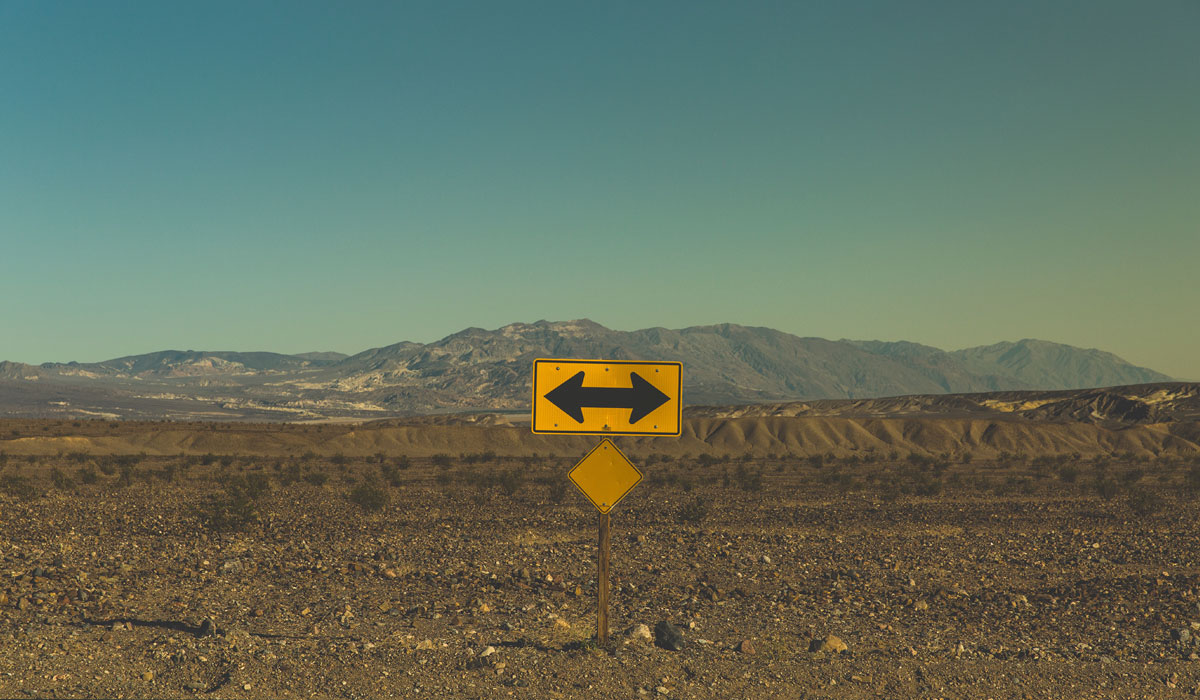Ambivalence and Our Wounded Hearts, Part One

This week on the Allender Center Podcast, Dr. Dan Allender invites us to wrestle with the category of ambivalence: that feeling of being stuck that comes when we find ourselves moving in two different directions simultaneously without actually moving at all. Dan recalls his daughter, at four-and-a-half years old, defining ambivalence as “I want something and I don’t want something, all at the same time.”
Ambivalence is a sense of being torn in two, of being divided—deeply divided.
Dan shares a story of meeting a woman at a recent Healing the Wounded Heart conference. She brought an old, battered copy of Dan’s book The Wounded Heart and told him that it took her 11 years to finish it because of the pain and trauma it invited her to confront, and that she’d thrown it against a wall more than any book she had ever read. Now, revisiting those same categories and re-entering her stories of trauma in a new way—by attending this conference—was terrifying to her.
“Ambivalence is a profound and normal experience in life, especially for those who are in the middle of living out significant desire in the face of deep uncertainty, and with a history of significant harm.”
This conversation emerged as a podcast topic for us because we have heard many stories of ambivalence, like the woman at the conference, particularly since launching the new Healing the Wounded Heart online course. Our mission—to foster healing by inviting people to engage their stories of trauma and abuse with integrity and care—means that we are consistently guiding people into memories, stories, and relational dynamics that may have been buried or ignored for years. This is breathtaking and beautiful work, but it is also difficult and terrifying. Ambivalence about entering that work, then, is a natural human response, just as doubt is a necessary part of the movement toward trust.
“But ambivalence isn’t just about trust, it’s about desire. Ambivalence is a living out of the movement of hope. Can I believe that this movement toward what I desire will lead to good for me and for others?”
After reflecting on a passage from James 1, Dan invites us to hold the tension of ambivalence without ignoring it, splitting it off, or turning to contempt. Next week, Dan will continue this conversation by reflecting on how we engage ambivalence in a way that leads toward new experiences of healing and restoration.
“Doubt or ambivalence is a gift of God that in many ways creates exposure, intensifies the realities of our war, and opens our heart to the foundation, faith, and to the movement of hope. Without doubt and ambivalence, I don’t think people grow.”
